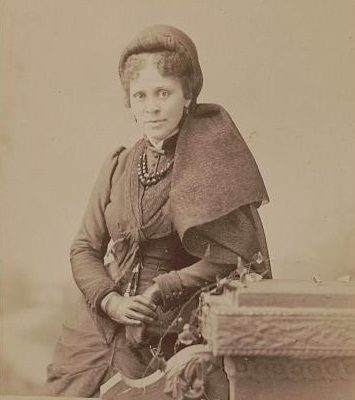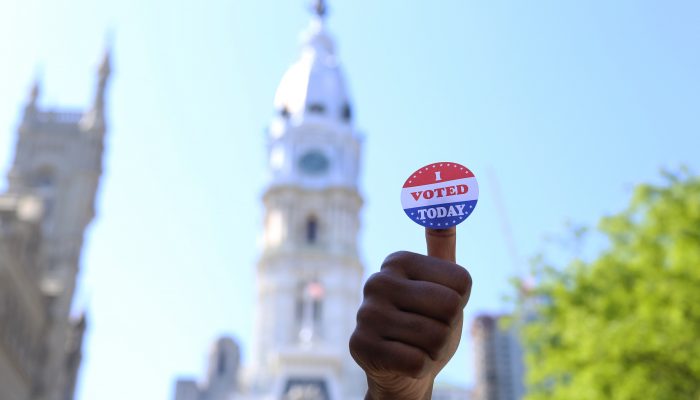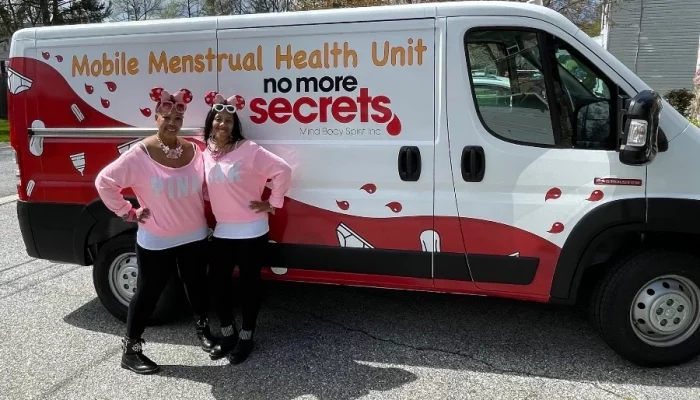August 26 is Women’s Equality Day, which commemorates the 99th anniversary of women gaining the right to vote in 1920. This precious right is at the heart of what it means to be an American, but for black women, the right came much later. Each year since my appointment to the Office of Engagement for Women and the Philadelphia Commission for Women, I have used this commemoration as a reminder that the right to vote for black women—under the cruel and violent legacy of Jim Crow—was not fully realized until the Voting Rights Act of 1965. Today, voter suppression schemes to disenfranchise black and brown voters remain a stain on our democracy.
Women’s Equality Day is a reminder of the hard-fought battle for women’s rights. It is also a reminder that black feminists in the suffrage movement have been erased from that history. Much of it has to do with how African American women approached suffrage. They were leaders in their own organizations and churches and were not part of organizations led by white women. This remains true in the 21st century. For black women, gaining political rights has always been about advancing the race. Nothing has been truer than the prophetic words of feminist Anna Julia Cooper (1858-1964), “Only the black woman can say when and where I enter, in the quiet, undisputed dignity of my womanhood, without violence and without suing or special patronage, then and there the whole Negro race enters with me.”
“The 1619 Project” from The New York Times reminds us of how and why so much of African American history remains untold. “The 1619 Project” commemorates the fateful August day in 1619 when more than 20 enslaved Africans arrived on the shores of Virginia. And as The New York Times Magazine’s August 18 cover amplifies, “No aspect of the country that would be formed here has been untouched by the 250 years of slavery that followed.”

As a result, African American women like Hallie Quinn Brown remain unheralded. She was the leader of the Colored League of Washington, D.C., the forerunner of the National Association of Colored Women. Brown waged a campaign for the right to vote for women and led a movement to denounce the United Daughters of the Confederacy’s proposal for a monument to the offensive “mammy” characterization of black women. She joined Ida B. Wells’ national anti-lynching campaign and positioned the vote for women as another chapter in the fight for black political rights. “We stand at the open door of a new era,” Brown said. “For the first time in the history of this country, women have exercised the right of the franchise. The right for which the pioneers of our race fought, but died without the sight.”
2020 will mark the 100th anniversary of the passage of the 19th amendment. Using this milestone as a launching pad, the Office of Engagement for Women and the Philadelphia Commission for Women will embark on a year-long focus on the rich history of African American women whose activism in women’s suffrage has been overlooked for too long.
A series of multicultural salon conversations, roundtables, our annual summit for women and girls, and meaningful collaborations with organizations serving women and girls will apply an intersectional lens to view the history of feminism with its roots in the abolition of slavery. We will examine the role of race, class, gender, and gender identity leading to the right to vote. We will also bring the conversation full circle to the issue of women in leadership and a civic call to action to invigorate the power of our vote in the pivotal 2020 elections. We invite you to join us on this journey.




